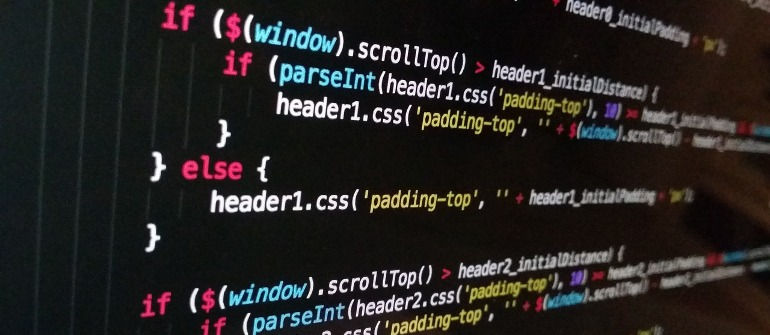The Failings of Modern Scientific Culture
- Sharper044

- Mar 16, 2018
- 4 min read
I realize this post may be somewhat controversial, but I still share it because I have seen that there truly is a problem and it needs to be addressed. I will try to keep it clear and brief, while also backing up what I say.

There was a time when the human race was ignorant of how our world functioned. The things nature presented to them were confusing and caused a great deal of alarm. To give meaning and order to life, they set apart their own trusted sages, gave them the garb of authority, and set them to work understanding the universe. They would then come forward with fantastic stories to explain the universe, and the people would sit in awe and accept their every word. Sometimes there would be rival groups with differing stories. The sages, in fear of being shown wrong and losing their power, would stir their followers to anger. Wars would erupt and all the power that these sages could muster as well as the power of the leaders who sponsored them were used to wipe out other competing voices. Now this was not always true as some people and some of the sages genuinely desired truth, but unfortunately the search for power was often more important than the search for truth.
So what did you picture in your mind as you read that? Did you picture ancient stone-age shamans? Medieval monks? Spanish inquisitors? Surely this was a problem of our past cast off by our modern age of enlightenment. No.
I am describing the modern scientist, garbed in the white lab coat, sanctioned by a society that wants a secular view of their world and cannot accept any other.

I have seen this far too often in my time as a physics student at BYU. I saw professors and scientists giving their views on the universe, on politics, on ANYTHING, and just because they were a physicist it was accepted as truth without argument. I have seen professors, less concerned about truth and more concerned about their funding and their pet theories, argue in a drunken rage at research conferences. (No really, they were drunk...) I have seen professors and researchers openly shame, ridicule, and seek to snuff out competing voices or alternate views, holding that if they couldn't directly observe something it must not exist.
Have we really grown past those dark ages? Has the nature of man really changed that much as to have all ideas treated in openness and fairness? Are we really that much more advanced than our ancestors? Unfortunately not. As Khan from Star Trek's episode "Space Seed" noted, " I am surprised how little improvement there has been in human evolution. Oh, there has been technical advancement, but, how little man himself has changed."
If we are to grow as a society, we must become something new. We must not be afraid of other ideas. Further, we need to demystify these scientists and view them as they are: regular humans, who have studied hard, who can't see everything, who make mistakes, and may have even an incorrect starting point.
For example, take the following video:
Here the argument is made and shown that a lot of our published research is wrong.
Another example of how accepted ideas are wrong is the lesser-known idea known as Kirchhoff's law of Emissivity. If you haven't heard of it, I don't blame you. It is the idea that all objects emit light with the same spectrum based on temperature, independent of what it is made of. This became the basis of black-body radiation, a core tenant of astrophysics and cosmology, and foundational to several laws of quantum mechanics.
Kirchhoff tested this by placing hot materials inside a box with mirrors on the walls and a hole on the side. Then he would take the light coming out of the hole and measure its spectrum. When he measured it, he wrote in his paper that the spectrum were all different shapes, which went against his theory. So did he accept his theory was wrong and publish the real results, no. HE RUBBED THE INSIDE OF THE BOX OF MIRRORS WITH SOOT. This he said improved and unified his results. It wasn't until recently that someone repeated his work and discovered that he was wrong. Spectrums are different for different materials. In fact the spectrum he measured was just the spectrum of carbon over and over.
So have the laws dependent on this changed? Have the theories been altered? Have the textbooks been changed? No, this discovery has been ignored because it was discovered by a nobody in the scientific community. Further, it would change too much. So this monumental discovery has gone unnoticed.
So what do we do? Let us be the change we wish to see. Open our minds to all the possibilities, even the impractical or near impossible. The bad ideas will show themselves in time to be false, and we will open ourselves to things never before realized. Further, we will be instruments of peace as we remove borders of anger and competing ideas to better understand each-other.


Comments